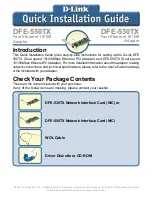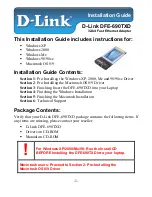
MANOK plus
Commissioning
74
Order h49 7144.907-333
CAUTION
Burns caused by high workpiece temperature!
Also wear the following items of personal protec-
tive equipment, in addition to the basic equip-
ment:
WARNING
Serious injuries caused by projectile ejection of
an actuating wrench!
Only ever use the original actuating wrench!
Immediately after use, take the actuating wrench
out of the product and remove it from the working
area of the machine.
If the self-ejector function of the actuating wrench
does not work, or is impaired, it must not be used
until after a new spring has been installed.
INFORMATION
The actuating wrench is equipped with a spring that
presses the actuating wrench out of the product as
soon as it is released.
8.4.1 Clamping the workpiece
To clamp the workpiece, install the appropriate clamping el-
ement and/or the appropriate changing parts [see »Installa-
tion of the clamping element« and »Installation of changing
parts« chapters].
1. Move the clamping device into release position [see
»Releasing clamping of the workpiece« chapter].
2. Install the workpiece in the product and, if necessary,
secure it to prevent it from falling.
















































